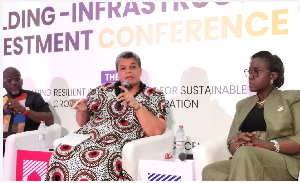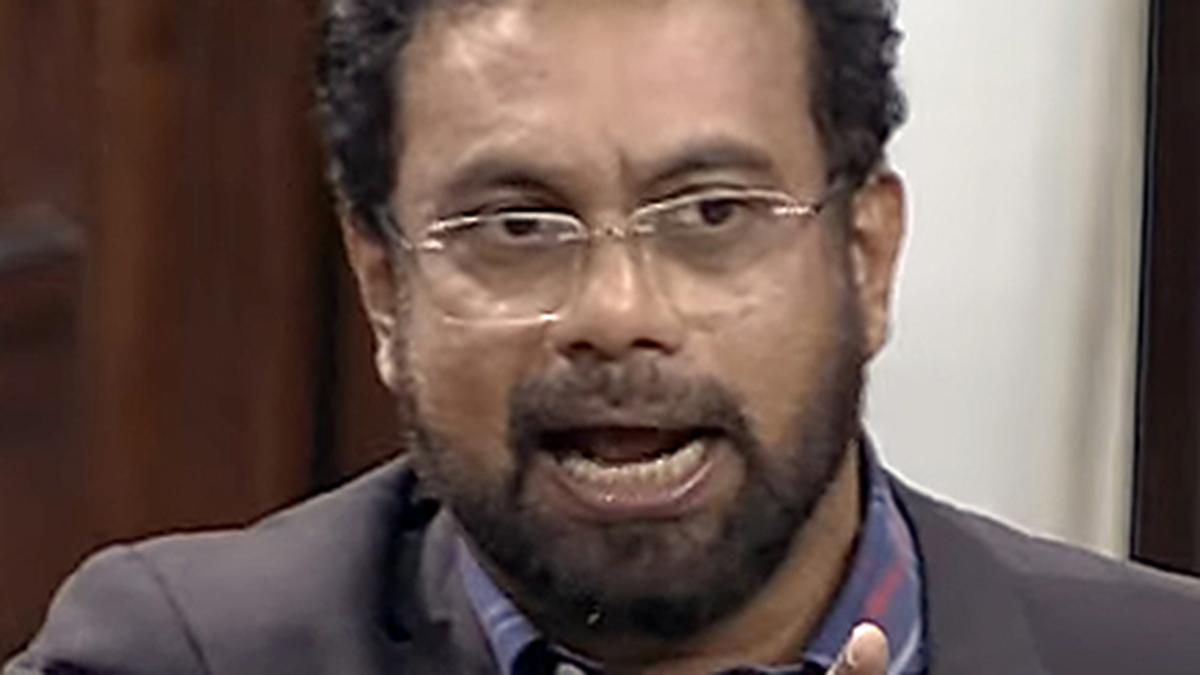By Prince Antwi
Copyright ghanaguardian

The Chief Executive Officer of the Ghana Infrastructure Investment Fund (GIIF), Nana Dwemoh Benneh, has disclosed that the Fund is working with development partners to establish an infrastructure credit guarantee scheme to unlock long-term local financing for projects.
Speaking at the International Building-Infrastructure & Investment Expo (IBIXPO 2025) in Accra, Nana Benneh said the initiative would allow the country to engage pension fund managers to channel part of their funds into infrastructure development.
“If we are able to do it, that enables us to speak more to pension fund managers and encourage them to invest part of that pension money in project financing,” he explained.
According to him, the scheme would make it possible to raise local currency financing, reducing reliance on external borrowing and supporting long-term domestic infrastructure projects.
Nana Benneh revealed that the concept was inspired by successful models in other African countries, including Nigeria and Kenya.
Nigeria’s Infrastructure Credit Guarantee Company (InfraCredit), for instance, has since its establishment in 2017 mobilised more than NGN 200 billion in private investment, guaranteeing 24 transactions with tenors of up to 20 years. Pension funds now account for more than half of the investments supported, giving many infrastructure projects first-time access to long-term local currency financing.
By enhancing the credit quality of local currency bonds, InfraCredit has extended average tenors to 11 years, compared to just 3.2 years without its support. Nana Benneh said Ghana is keen to replicate such successes to expand funding sources for its infrastructure needs.
With global financial regulations limiting the flow of bank capital into Africa, the GIIF CEO stressed the importance of mobilising institutional investors — pension funds, sovereign wealth funds, and insurance companies — as mainstream sources of infrastructure financing.
Africa faces an estimated US$108 billion annual infrastructure finance gap, he said, and crowding in institutional investment will be critical to bridging that deficit while advancing regional integration, trade, and competitiveness.
Deputy Minister for Works, Housing and Water Resources, Gizella Tetteh-Agbotui, who delivered a brief opening address, underscored the need for strong public-private partnerships in delivering capital-intensive infrastructure projects.
She praised the objectives of IBIXPO 2025, expressing hope that the platform would help bridge knowledge gaps, foster partnerships, and unlock investment opportunities.
In her welcome remarks, Eugenia France of Image Consortium Limited, co-organiser of the event, said the expo was designed to bring together investors, policymakers, industry leaders, and construction professionals to explore infrastructure opportunities in West Africa.
The programme also showcased innovative technologies and solutions to transform the region’s construction and infrastructure landscape.
Albert Mensah, CEO of Global Afrisino, added that by sharing case studies and knowledge, the expo provided actionable strategies to help build resilient, future-ready infrastructure systems.
Organised by Image Consortium in partnership with Global Afrisino, and held under the auspices of the Ministry of Works, Housing and Water Resources and the GIIF, IBIXPO 2025 was themed: “Building Resilient Infrastructure for Sustainable Growth & Regional Integration.”
The event featured exhibitions, knowledge exchange sessions, and networking opportunities aimed at catalysing transformative projects to drive prosperity, connectivity, and improved quality of life across the region.



